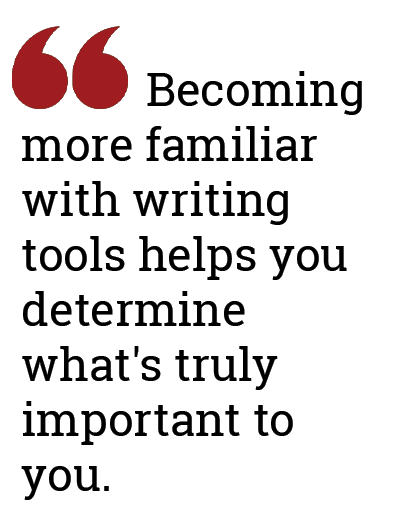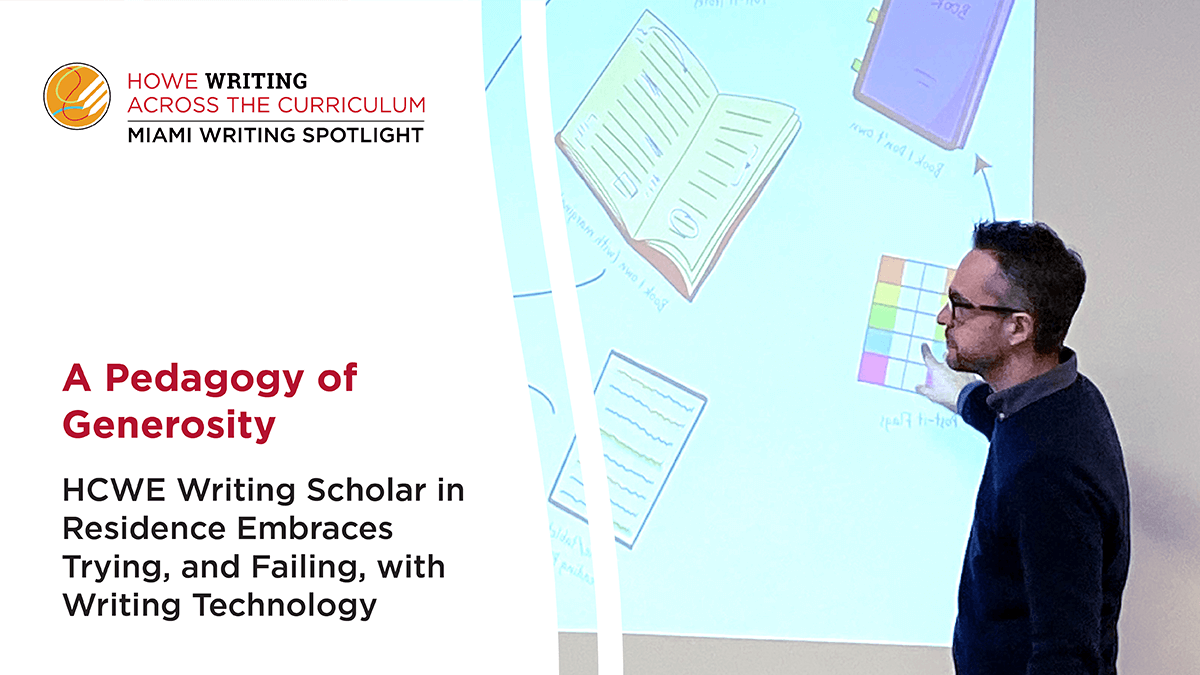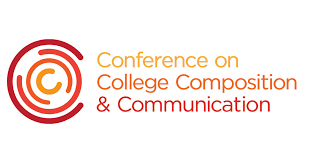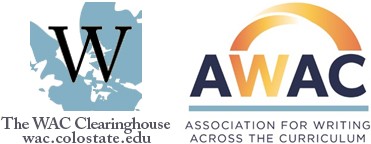A Pedagogy of Generosity: HCWE Writing Scholar in Residence Embraces Trying, and Failing, with Writing Technology
The Impact of Tools on the Writing Process
 Writing tools and technologies are crucial parts of how we write but are often overlooked in our day-to-day practices. “Becoming more familiar with writing tools helps you determine what's truly important to you,” Lockridge explains, in terms of both faculty and student writing practices.
Writing tools and technologies are crucial parts of how we write but are often overlooked in our day-to-day practices. “Becoming more familiar with writing tools helps you determine what's truly important to you,” Lockridge explains, in terms of both faculty and student writing practices.
Slowing down to consider why you approach writing the way you do and the affordances and constraints of the technologies you use can lead to creative, innovative thinking. “When you start to look at writers who are not using typical tools, you see really interesting, cool practices. There are ways of being and thinking that are creative, that are mindful, and that offer new possibilities.”
Toward a Pedagogy of Generosity
In the classroom, tools and technology offer students opportunities to further engage with ideas and possibilities in their writing through trial and error, which is a key component of Lockridge’s pedagogy and his own introduction to tools and technology. “When I got my first computer as a kid, I would crash it,” Lockridge reflects, laughing. “I would tinker with things in the command line and then I wouldn't be able to boot the computer anymore. And my mom would breathe a heavy sigh and come back in with the reload disks. This taught me that it's okay to break stuff because there's a way to fix it. I think about that in terms of my pedagogy–let's try new tools, new approaches, new ways of thinking. And if something breaks, we'll just deal with it. We'll find a way to work through it.”

Providing students with the space and room to work through ideas with different tools and technologies without a fear of failure is important for their writing development. Learning to write, in several ways, requires experiences with failure. “Writing is a process of accreting,” Lockridge reminds us. “It's a process of building something over time. I think that the best writing is something that slowly comes into form the more you sit with it and think through it. Because of that, I think that writing has to be based on some degree of failure. You have to be generous to yourself and to understand that failure, those dead ends, are part of it. They ultimately take you where you want to go.”
For Lockridge, teaching writing and technology ultimately comes down to meeting students where they are. “I find that if you are generous to students and if you are really interested in working with them and listening to them, they'll give anything a go. They'll say, ‘OK, let's try this and see if this works out.’ Generosity is very reciprocal.”
We now ask you: what tools do you use to write? And how do they shape the work you do and the ideas you have? Following Lockridge’s advice, we encourage you to try a new writing tool or technology this semester, either for yourself or in your classroom. For more on the HCWE and Lockridge’s innovation with tools, follow us on Facebook, Instagram, and Twitter, where you can keep up with our #WritingToolTuesdays and learn more about how tools can impact your writing process.
Howe Writing Across the Curriculum Programs
The mission of the Howe Writing Across the Curriculum Programs is to ensure that all Miami faculty and graduate teaching assistants can effectively include writing as a means to support learning in their courses and programs.


